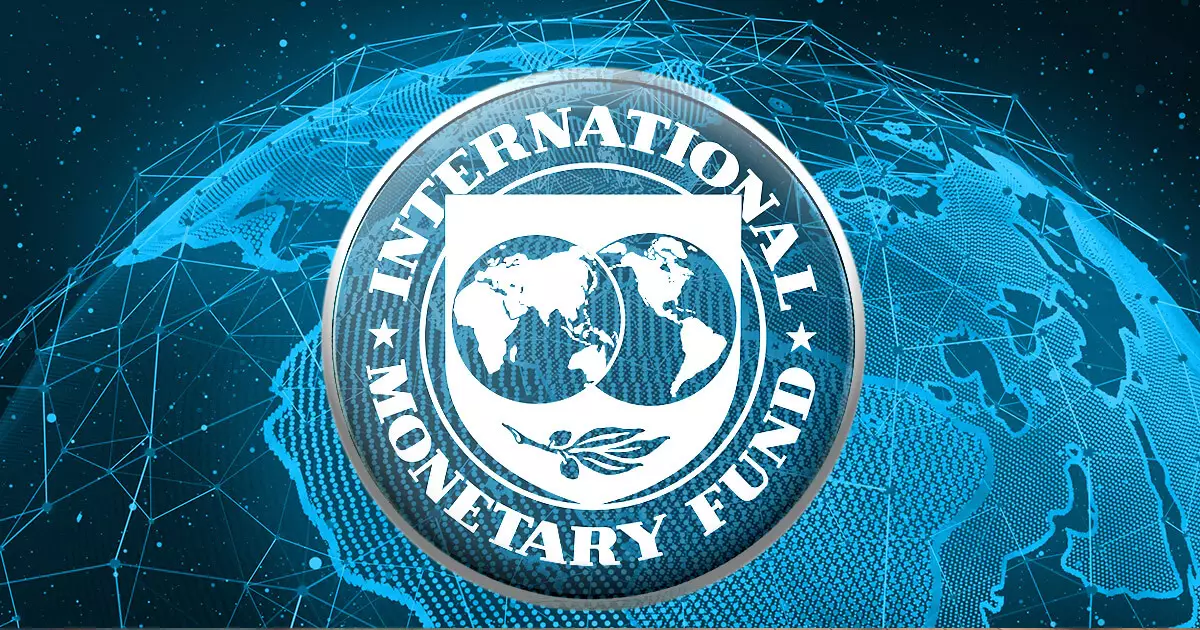The rapid growth of crypto-assets like Bitcoin and stablecoins has raised concerns regarding financial stability and integrity risks. To address these concerns, the International Monetary Fund (IMF) and the Financial Stability Board (FSB) have published a report commissioned by G20. The report outlines a comprehensive framework for regulating crypto-assets and provides policy recommendations to help countries mitigate the risks associated with their widespread adoption.
According to the report, crypto-assets have the potential to undermine monetary policy effectiveness, increase fiscal risks for governments, and reduce the efficacy of capital flow management measures. In addition, the widespread adoption of crypto-assets could amplify financial stability risks by increasing volatility interconnections and transmitting shocks faster across the global financial system. The report specifically describes stablecoins as a “significant risk,” highlighting their potential to transmit volatility more abruptly and cause significant risk to financial stability.
The IMF and FSB recommend a multi-pronged policy response to mitigate the macroeconomic and financial stability risks associated with crypto-assets. This includes strengthening monetary policy frameworks, guarding against excessive capital flow volatility, addressing fiscal risks, implementing anti-money laundering standards, and enacting comprehensive crypto-asset regulation. The report emphasizes the need for coordinated implementation of the policy framework and calls for capacity building beyond G20 members to enhance global coordination and cooperation.
The report proposes recommendations that, if implemented, could transform the regulatory landscape for cryptocurrencies and stablecoins. The Financial Stability Board aims to establish a minimum baseline for crypto-assets and markets, ensuring that they are subject to “same activity, same risk, same regulation.” The International Organization of Securities Commissions (IOSCO) also seeks to apply its principles to crypto-assets to protect market integrity. Additionally, the report suggests that some emerging markets may require additional targeted measures based on country-specific vulnerabilities.
The report highlights the authorities’ readiness to regulate and supervise global stablecoin arrangements as a core recommendation. It emphasizes the importance of cross-border cooperation, coordination, and information sharing among domestic and international authorities to foster efficient and effective communication. The report also underscores the necessity for crypto-asset issuers and service providers to establish comprehensive governance frameworks and stringent risk management frameworks to address financial stability risks. Furthermore, it emphasizes the need for robust data collection, recording, and reporting systems to identify and mitigate financial stability risks arising from interconnections and interdependencies within the crypto-asset ecosystem.
The report provides a roadmap for regulating crypto-assets and highlights the challenges and risks associated with their widespread adoption. It calls for coordinated global efforts to implement the policy framework, enhance regulatory and supervisory capabilities, and foster cross-border cooperation. The recommendations put forward in the report have the potential to transform the regulatory landscape for cryptocurrencies and stablecoins, ensuring their safe and responsible use in the global financial system. The findings and proposals of the report will be discussed at the upcoming G20 summit in India, marking an important step towards a more regulated and secure crypto-asset ecosystem.


Leave a Reply